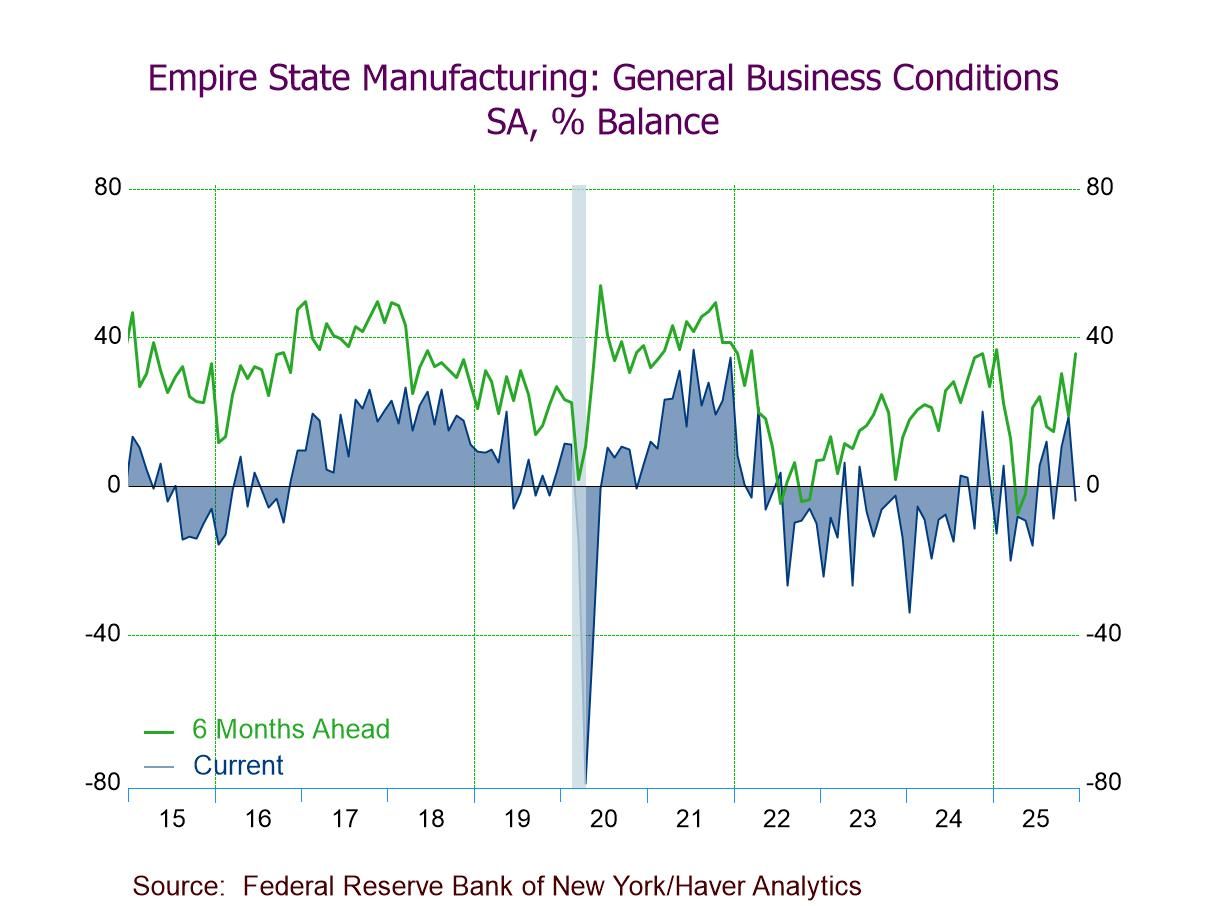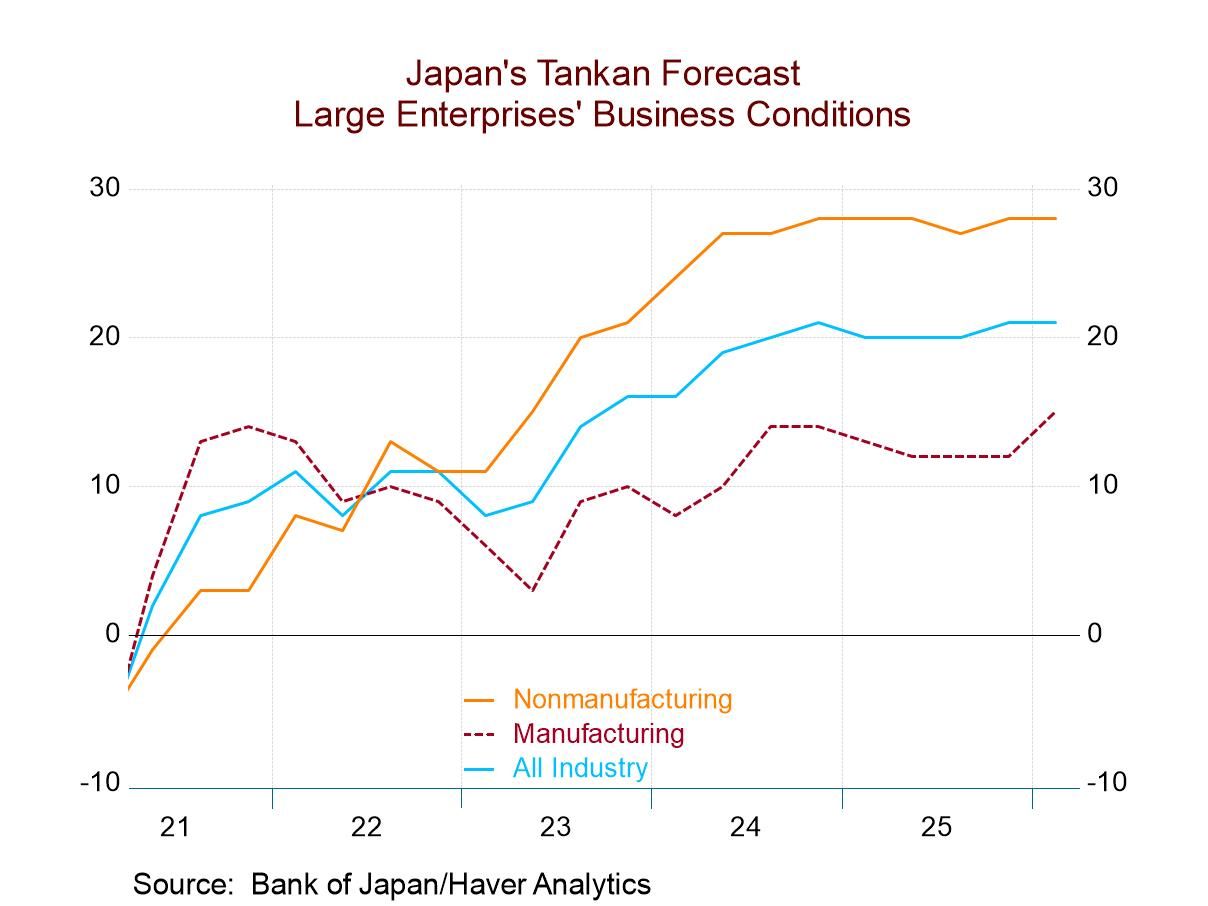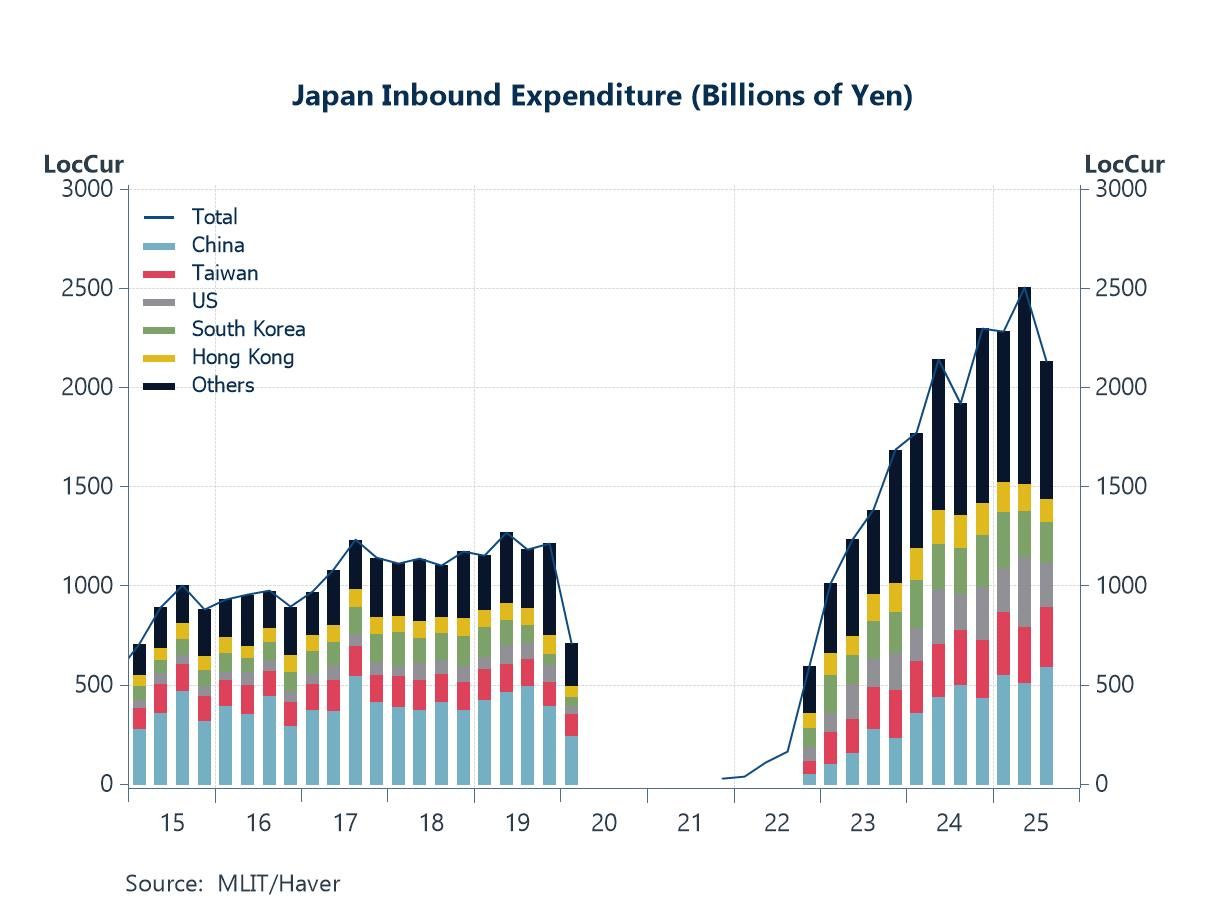 Global| Mar 19 2021
Global| Mar 19 2021U.K. Consumer Confidence Rises 'Strongly' But Remains Weak
Summary
The U.K. economy has been put through the wringer with its Brexit decision and seemingly endless negotiations, a change in government and then it was sucker-punched by the coronavirus which took hold in the U.K. and then morphed into [...]
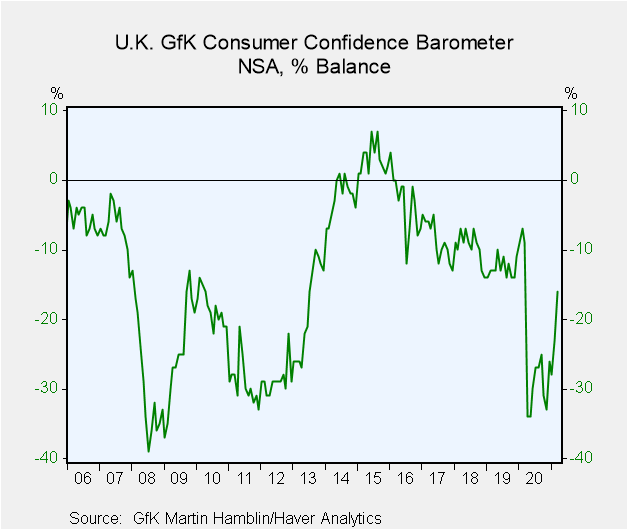 The U.K. economy has been put through the wringer with its Brexit decision and seemingly endless negotiations, a change in government and then it was sucker-punched by the coronavirus which took hold in the U.K. and then morphed into a powerful variant that required the U.K. health system to redouble its efforts and to institute severe lockdowns. But that was then…
The U.K. economy has been put through the wringer with its Brexit decision and seemingly endless negotiations, a change in government and then it was sucker-punched by the coronavirus which took hold in the U.K. and then morphed into a powerful variant that required the U.K. health system to redouble its efforts and to institute severe lockdowns. But that was then…
Confidence breaks out
The virus sank U.K. confidence in April 2020 as it dropped to -34 from -9. The confidence index got as strong as -25 in September 2020 but then weakened until it rose to -23 in February 2021 and now sits at -16 in March 2021.
A sharp rise in confidence as well
This is a sharp rise in confidence this month. Since January 1996, there have only been three monthly increases larger than the one (7 points) posted in March. That means the monthly gain has been larger than 7 points only about 1% of the time in the last 25 years. So this month's surge in confidence is an unusual and marked event even though a seven-point gain on its own may not seem so remarkable. In this case, it is.
Still... a weak reading on the month
However, to have made a near record leap in one month is not to have salvaged consumer confidence in one fell swoop. The GfK metric has been lower than its March value only 33% of the time since August 2002 (an 18.7-year period). And while two thirds of the readings lie above it and one third below it, the current reading lies at the midpoint of its nearly 20-year range of values.
Rankings by components- a long view
If you peruse the far-right hand column of the table which contains the 19-year rank standings of the current survey data, it is clear that the last 12 months were rather grim and the next 12 months are expected to be quite a bit better and, in fact, rather strong. None of the next-12-month-metrics is below a 50% ranking, thus all are above their historic medians. Three readings: household financial situation, CPI and savings are in the top 15 percentile of their historic queues of data. In the case of the CPI, that may not be 'good.' Also that means that unemployment expectations are relatively high at a 73.7 percentile queue standing, although –importantly- the reading has declined significantly from a raw score of 52 in January to 36 in March. So prospects for unemployment, while still high, are dissipating, at least in the view of those who were surveyed.
Perspective from a shorter view as well!
The table also offers a ranking in a two-year period of readings (column third from the right). On that much shorter horizon, for 12-months ahead, the household situation, the general economic situation and the ability to save are all scored as the highest readings in the last two years. And the unemployment reading is below its median at a 45.9 percentile standing and the CPI is in the bottom 25 percentile of its queue of values. On balance, it looks as though U.K. consumers are getting less depressed and becoming much more upbeat and that macroeconomic conditions are not expected to deteriorate.
What about that comparison with the last two years- is it a 'fair' one?
Some of this upbeat view compared to the two previous years may simply be the coming off from the Covid-19 period and the Brexit problems and so on. But the findings of the survey do not seem to support that. If we also look at the backward-looking readings that assess the LAST 12 months and their rankings over the last two years, we can compare those to the rankings over the last 19 years. In that event the percentile standings looking backward are all very similar except for the household financial situation which scores BETTER over the last two years than it does when ranked against data for the previous 19 years. That does suggest that the previous two years were unusually bad but only for that one metric.
At the top of the table, we also see very strong readings ranking the current household financial situation and present savings over both the last 2 years and the last 19 years – we find almost identical rankings over the two periods.
Rich vs. poor- no difference
Interestingly, when rankings are created by income class the 2-year and 19-year rankings for upper and lower income earners show stronger readings relative to the last two years for both income categories compared to the 19-year period. This suggests that since conditions are so much stronger today compared with the 2-year period than over the 19-year period that survey respondents were more adversely affected in the last 2 years compared to the baseline of the 19-year period. However, within each timeline for lower income earners and for upper income earners, the ranking standings are nearly identical. Thus, the U.K. virus apparently has not been discriminating by income levels. To put it another way, the government's compensation scheme has had the same impact on upper and lower income persons in terms of its impact on their confidence.
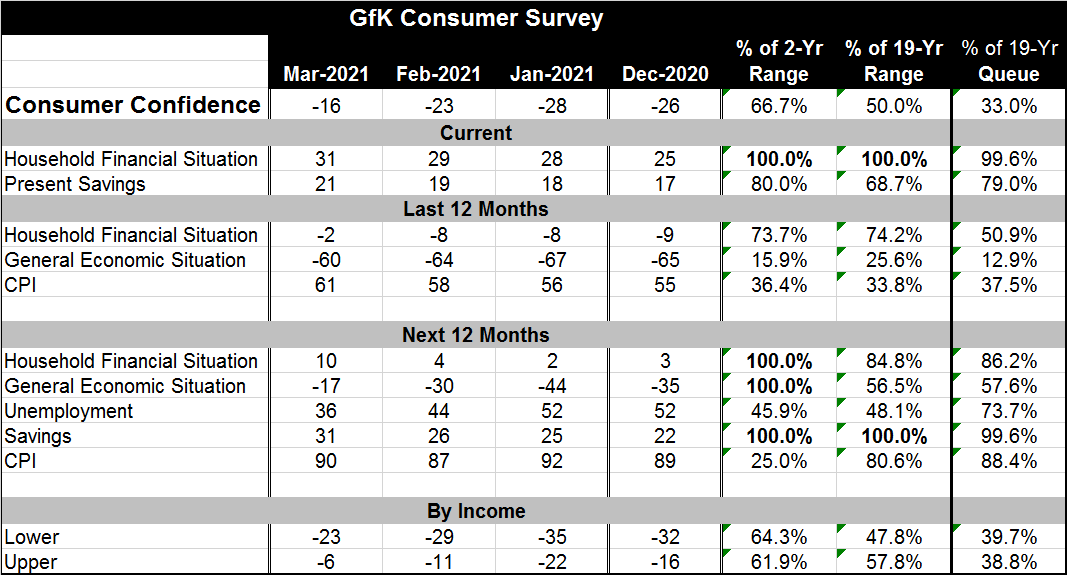
U.K. virus progress
The upshot is that the U.K. consumers are seeing an upswing and this is good news. Progress on the vaccinations has been 'smashing' as infections that peaked on January 8 at 68,053 are down ten-fold to 6,303 as for March 17. That is the lowest since mid-September of last year. Deaths also are greatly reduced back to the lowest since early-October.
EU…not so much progress
Meanwhile, France is launching another lockdown to 'stop the spread.' While the virus is spreading more widely again in France, the death rate is still suppressed. The EU as a whole is running well behind many developed nations because of a vaccine shortage. YIKES! The U.K. may have exited the EU at just the right time –otherwise it might have been forced to share its vaccines even though the U.K. faces the more dangerous variant. All this points out just how hard it is to handicap history. Leaving the EU may cost the U.K. jobs and growth, but it just may have saved a lot of lives…Who knew that?
Robert Brusca
AuthorMore in Author Profile »Robert A. Brusca is Chief Economist of Fact and Opinion Economics, a consulting firm he founded in Manhattan. He has been an economist on Wall Street for over 25 years. He has visited central banking and large institutional clients in over 30 countries in his career as an economist. Mr. Brusca was a Divisional Research Chief at the Federal Reserve Bank of NY (Chief of the International Financial markets Division), a Fed Watcher at Irving Trust and Chief Economist at Nikko Securities International. He is widely quoted and appears in various media. Mr. Brusca holds an MA and Ph.D. in economics from Michigan State University and a BA in Economics from the University of Michigan. His research pursues his strong interests in non aligned policy economics as well as international economics. FAO Economics’ research targets investors to assist them in making better investment decisions in stocks, bonds and in a variety of international assets. The company does not manage money and has no conflicts in giving economic advice.



